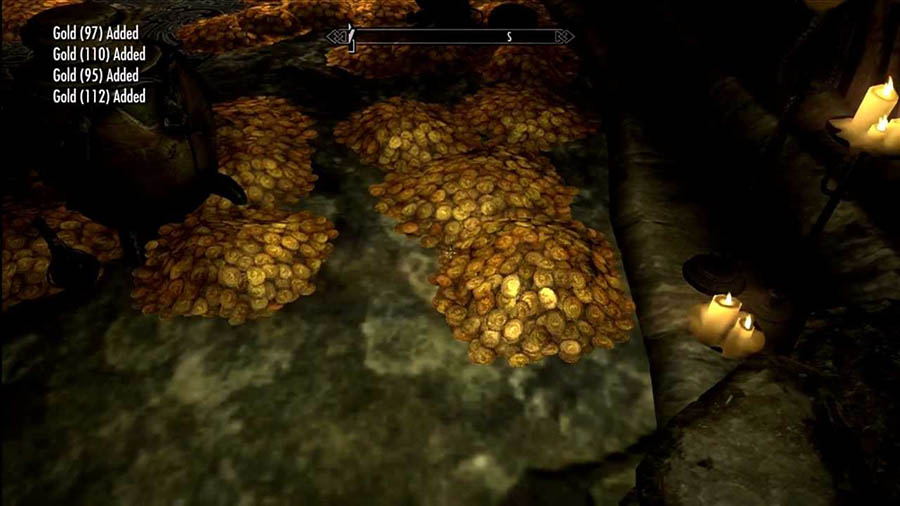Types of Trust Deed
Trust deed is one of the best solutions for an outstanding debt. This is known as a legally binding agreement between creditors and the debtor. In this case, all assets of the individual with debts will be transferred into a trustee that will manage all assets in such a way to find repayment to all of his or her debts. This is a voluntary agreement and creditors can decide not to sign for the agreement. Creditors who do not agree with the agreement will seek for other means for the debtor to repay them. Once they sign up, then the agreement is bound to a certain terms and agreement and the creditor cannot seek for other means of debt recovery. It is important for you to know the different types of trust deeds.
The first one is general deed. This is also known as regular trust deed and this deed is taken by creditors voluntarily. The debtor will be the one to assign a trustee and they must be a qualified insolvency practitioner. All assets will be transferred under the name of the trustee who will manage all assets in behalf of creditors. Creditors must sign up for the agreement, but they need to weigh all options first. They have the right to sign or not to sign. Once they sign up for the agreement, then they will be bound with its terms and conditions. The trustee will be the one to discharge the entire trust according to the agreement until everything is fully discharged. Once the trust deed is done, then the individual with debt will be debt free. This kind of deed will enable all debtors to repay and resolve their debt problem without the need to go through a bankruptcy.
The second deed is called protected deed. This kind of trust deed is enforced by the court of law. The individual should seek for the involvement of the court in order to bind all of his or her debtors to the deed. The court will assign a trustee and supervise the entire agreement right before the deed is discharged. All creditors will be notified about the deed and they will be given 5 weeks to accept or object the deed. In case majority of creditors accept the deed, then it will come to play and all of them will be bound in one agreement. The best thing about this deed is that it can offer protection to your home equity. Just like the first deed once it is discharged, you will be free from debt.
The last is asset free deed. This kind of deed is for individual with debt but with no assets. The trustee will get a portion from the individual's salary or income in order to pay for the creditors. This can still help you recover from huge debt and avoid possible bankruptcy even without any asset involved. Each trust deed has its own terms and conditions that the creditors and debtors should to follow in order to find the best solution to debt problem.
x





